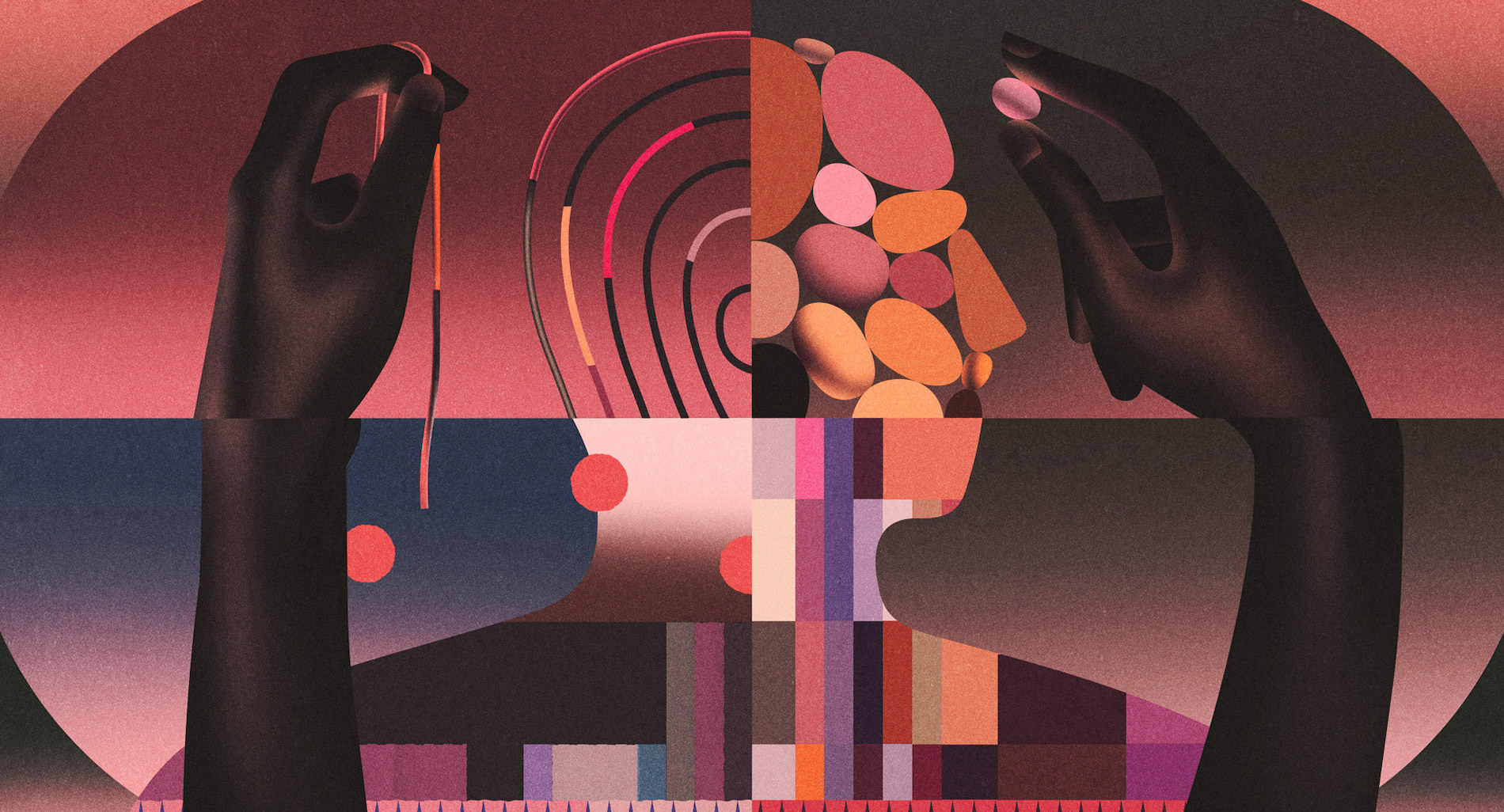In politics and social sciences, there’s an ongoing discussion over the “Digital Divide”, the gap between countries that are connected (or well connected) to the Internet, and countries that are not. In economics, there’s also a discussion over the “Information Gap”, another form of inequality, where the lack of structured data can prevent entire countries from developing new ways of tackling their biggest challenges. From this collected and structured data, humans historically have developed knowledge.
But what about wisdom? It’s a term that seems to become more and more distant, and perhaps nowadays we only use it when referencing the past and how knowledge was shared in a pre-industrialized world.
Smart, but not wise
If you’re reading this article, you probably belong to the portion of the world’s population with proper access to connectivity and information. But even on this “lucky” side, we find ourselves receiving abundant amounts of information from different fields and complexities. We all have had access to develop a unique set of skills, therefore we process every bit of information in our way, hopefully making sense of it and turning it into knowledge. But what about when we don’t comprehend what’s thrown at us? Somehow our brains are still wired to make sense of things, so we might just believe what others say this complexity means.
That gap between the fast-growing complexity of our issues, and the wisdom required from us to successfully understand them, is called The Wisdom Gap.
But what is wisdom, and is it different from knowledge?
“In pursuit of knowledge, every day something is gained. In pursuit of wisdom, everyday something is dropped.”
– Lao Tzu
Knowledge can be gained through study, and we can see it as a collection of organized information. Wisdom has to do more with discernment, or the ability to judge what is true or right, using our knowledge. Dictionaries and the internet will give possibly the same meaning to both words, and in the end, it is up to perspective to spot or not a difference. However, definitions aside, humanity nowadays seems to favor smarter over wiser things. Smart TVs, smartphones, smart homes, smart cities. They all have one purpose: to deliver information faster. And even though technology is not the only thing fuelling the Wisdom Gap, it adds a great deal of pressure to perpetuate how things are working and how fast this gap grows.
The overload of information we deal with on a daily basis can easily turn into something called Infoxication (also known as infobesity, information anxiety, and information explosion), defined as “the difficulty to understand an issue and effectively making decisions when one has too much information about it”.
The excess of information has a direct impact on 3 fundamental aspects of our lives:
1. Attention: We devote less and less attention to the world around us, especially to things that do not interest us or that we do not consider relevant.
2. Time: Our perception of time changes, making us believe that everything goes at a higher speed than it is.
3. Knowledge: Our ability to retain and learn decreases. But at the same time, the complexity of the global issues we are exposed to has exponentially increased, requiring reactions from all of us on a complex global scale (think of pandemic, mental health, climate crisis).
Closing the gap
You may be asking yourself how a digital designer can get involved in this. And though you won’t find the answer here, perhaps a few pointers will inspire you to go for more and take action.
Around the world, scientists, psychologists, biologists, sociologists, and many others in different professions, have profound views and relevant lines of work that are ready to confront our most pressing issues. However, they still need help to make their work more accessible, find the funds to continue their research, and foster knowledge systematically. But more importantly (and perhaps here’s the clue for designers), they need help to make their findings more accessible and understandable to us commoners who don’t dedicate their lives to research. Graphic creators, SoMe influencers, UX experts, developers, designers, and all those professionals who shape the way we see the world through the digital lens, can have a more positive impact if their goals get aligned with the answers to our most challenging problems.
During the pandemic, many found themselves following microbiologists on Twitter, or reading about the development of vaccines for the first time in their lives. During that difficult moment, we all found the best sources of information, suited for our unique capacities. But we also found clashes: scientists and pseudoscientists who said the contrary to other scientists, entire communities advocating against what others believed to be the right thing to do, leaders claiming the “new normal” wasn’t real… However, objective truth can’t be two things at the same time, and the systems that allowed these clashes (and have been benefitting from the spread of false information) are still up and running. So perhaps the obvious question here is, how can we help shape a better digital experience? One that is centered on humans, and that at the very least, will not harm us.
Physicist Richard Phillips Feynman once said that “It is our capacity to doubt that will determine the future of civilization”. He believed in the need of leaving room for doubt in order to achieve progress and learning. And on that note, we also believe that challenging the status quo is the way to go if we want to have a fighting chance against the problems we face globally.
Again, we don’t have the answers here, but perhaps a proposal: let’s get wiser, personally and collectively. Maybe the starting point is getting a better sense of what wisdom is, and what would be the purpose of finding it.
If you’re interested in knowing more about Elsie, you can connect with her on LinkedIn.
Cover image credits: Ibrahim Rayintakath via the Harvard Business Review










